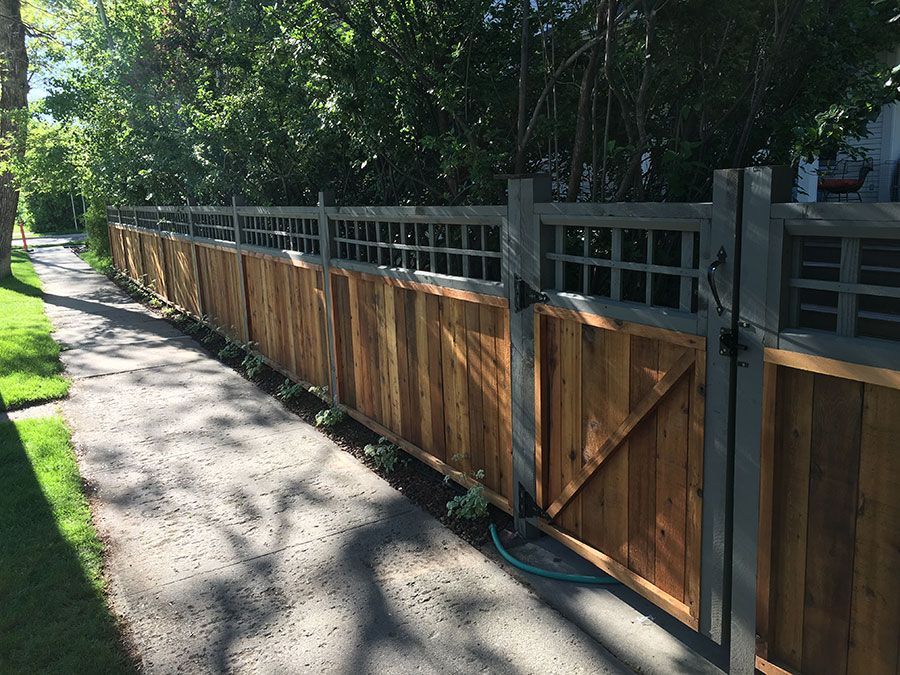You don’t need a professional to keep your fence in great shape. With the right equipment and some basic knowledge, you can easily handle common fence problems on your own. Here’s how to do basic fence maintenance yourself.
Essential Tools for DIY Fence Maintenance
Before diving into fence maintenance, make sure you have the right tools on hand. Here's a list of essentials for most DIY fence care projects:
- Hammer – For repairing loose nails or fixing broken boards
- Screwdriver – Great for tightening screws in wooden or metal fences.
- Post Level – Helps keep your fence posts straight and secure
- Paint or Stain – Using paint or stain protects wood from the elements and prolongs its lifespan.
- Wire Cutters – Useful for trimming wire fences or cutting away tangled vines
A Guide to Fixing Common Fence Issues
How to Fix a Loose Fence Board
If you notice a loose or damaged board, fixing it is relatively simple:
- Remove any loose nails or screws using a hammer or screwdriver.
- Align the board with the rest of the fence and secure it with new nails or screws.
- For added stability, add a corner bracket or reinforcement if necessary.
How to Stain and Seal Wooden Fences
To protect your wooden fence and maintain its appearance, staining or sealing is essential:
- Clean the fence thoroughly, removing dirt, debris, and any mildew.
- Choose a suitable stain or sealant for outdoor use.
- Evenly apply the stain with a brush or sprayer, working from top to bottom.
- Ensure the fence dries completely before you put it back to use.
Recognizing When You Need Professional Fence Help
Not all fence repairs are suitable for DIY. Simple tasks like tightening screws or replacing boards are easy to handle, but major issues may require professional help:
- Major structural issues, like leaning posts or a sagging fence.
- Electric fences or high-security fences that need specialized skills.
- Major weather damage that could compromise the integrity of the entire fence.
If you're unsure whether your repair is beyond your skill level, it's always better to call a pro. It can save you time, money, and potential frustration in the long run.
